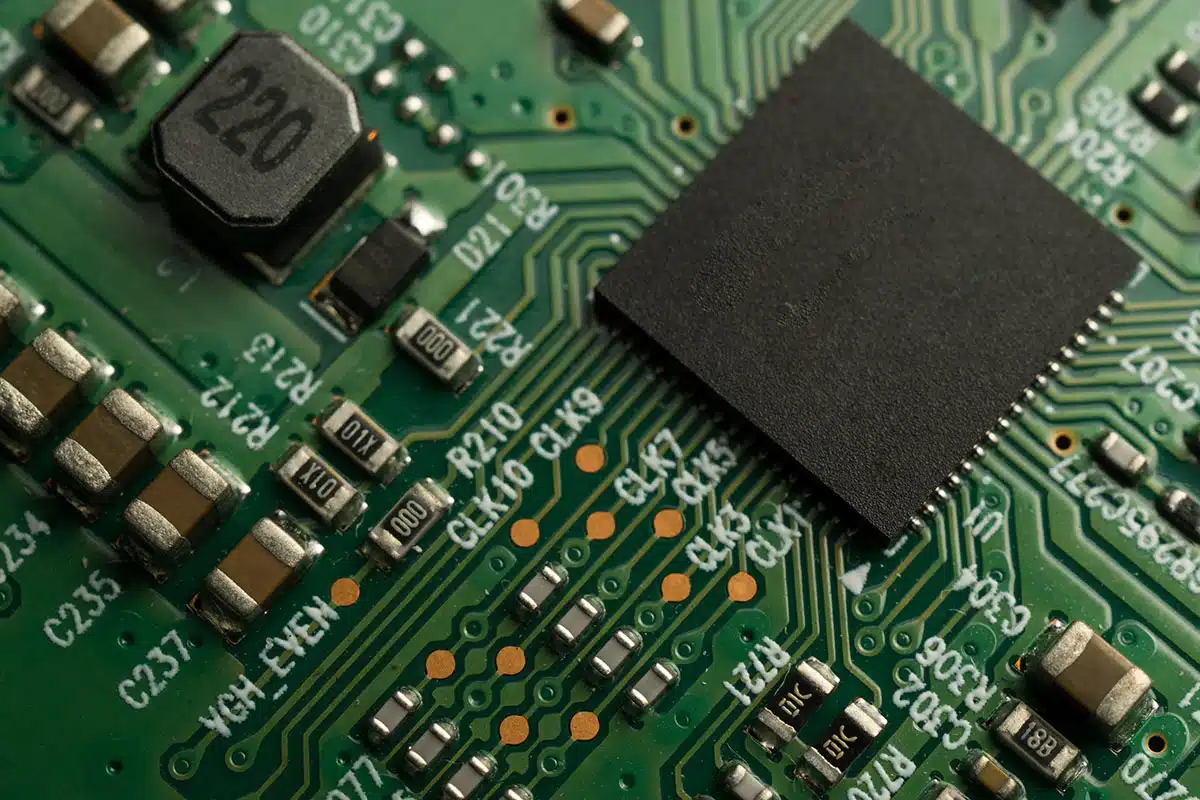Your team has been working round the clock on your latest product, conducting in-depth research and developing customer-pleasing features. Your concept is a winner, and now it’s time to take your electronic product from idea to reality. And to make sure your road to market is a smooth one, consider teaming up with an experienced electronic contract manufacturing partner.
Mapping out the Benefits of Using Electronic Contract Manufacturing
The advantages of having a manufacturing partner include lower engineering costs and reduced production overhead. And there’s another significant advantage of contracting with an electronics manufacturer: the savings in capital expenditure. As electronic devices become more and more sophisticated, the digital tools, software, and testing equipment needed to make them must keep pace. Whether your company has its own equipment and infrastructure, or just four bare walls, expending time and money on installing equipment or making costly additions to your existing factory—and staff—may not make sense for your bottom line.
To respond quickly to changes in demand, your EMS provider should have data analytics tools that can precisely forecast material needs, even for products with cyclical demand.
Electronics Manufacturing Expertise
The market for electronic goods moves at a fast pace, both in terms of technology and consumer tastes. Because of this, it’s essential that your manufacturing partner have certified and experienced engineers on staff. When it comes to designing and building electronic devices and the PCBAs that are their brains, engineers certified by SMTA (Surface Mount Technology Association) can be a significant asset. Having SMTA-certified SMT process engineers on your team will give you the expertise to streamline your product designs for greater reliability and lower production costs.
A Partner Who Values Data Security
Outsourcing manufacturing requires you to share proprietary information about your product—its unique features, its performance, and its design. This makes it vital that your contract manufacturer have strong safeguards in place to protect it from hacks and other security breaches. And if you’re thinking of contracting with an overseas manufacturer, you should be doubly careful.
According to the FBI, counterfeit goods and trade secret theft cost the U.S. economy $225–$600 billion per year. And even if your contract with a foreign manufacturing company seems ironclad, it may not be enough to protect you. The Chinese government, for example, does not view IP theft with the same seriousness as the U.S. does, and it’s nearly impossible for an American company to receive compensation from a Chinese subcontractor if there is a breach of security or even an outright theft of intellectual property.
This is one reason why some electronics companies are looking closer to home for their electronic contract manufacturing. U.S.-based subcontractors are subject to stringent intellectual property laws, enforced in American courts. And if your product is especially sensitive, you can gain an additional assurance of security by partnering with a manufacturer that is ITAR-registered.
Supply Chain Expertise
If an electronics manufacturing service (EMS) provider has been in business for at least several years, it likely has an extensive network of suppliers. Partnering with this EMS provider gives you access to that vast network, making it possible for you to quickly navigate supply chain disruptions—so that you don’t have to put production on hold simply because one parts supplier is backlogged.
In addition to sourcing components, an EMS provider should also have knowledge and experience in forecasting, procurement, and materials management. This will allow you to avoid manufacturing downtime and minimize warehouse costs.
A skilled manufacturing partner with deep PCBA design knowledge and a broad network of parts suppliers will be able to make suggestions on your product’s BOM that can reduce your reliance on scarce components and streamline the manufacturing process—saving you both time and money.
The Compliance Advantages of Partnering with an EMS Provider
The landscape of regulations and the different authorities that cover them, at the federal and state level, is vast. Your product may need to comply with several regulations set by bodies such as the CPSC, FDA, FTC, EPA, and DOE, just to name a few. And that’s just at the federal level.
This is why it’s so important that your EMS provider hold certifications in the areas that relate to your product. At a minimum, your manufacturer’s facility should be ISO 9001-registered. If you make a medical device, your provider should also hold ISO 13485 certification. And if you make a product for the aerospace or defense industries, it’s critical that you work with an ITAR-registered manufacturing partner.
Design for Testability and Quality Assurance
To ensure a high percentage of viable product, your contract manufacturer should have a quality control program in place. QC starts with rigorous testing of prototypes before production, to make sure there are no performance or regulatory compliance issues. At this early stage, your contractor should also perform a DFT (design for testability) review and recommend small adjustments to ensure easy testing, like adding test points to the bottom of a PCB.
Once products are coming off the assembly line, testing should be conducted regularly to ensure quality standards are maintained and so reduce customer returns. Your manufacturer should use the latest in automated optical inspection (AOI) technology, along with 2D and 3D X-rays, to check for quality, durability, and reliability.

Flexible Capacity, Flexible Labor Force
If you’re lucky, demand for your product will exceed your projections. But that kind of popularity won’t translate into sales if your contract manufacturer isn’t able to ramp up production in time to meet increased demand. To respond quickly to changes in demand, your manufacturer should have data analytics tools that can precisely forecast material needs, even for products with cyclical demand.
It’s crucial that the manufacturer you choose be nimble enough to handle small batches. But they should also have the capacity to increase production when needed. This means having ample facilities, a scalable workforce, and the engineering expertise on staff to modify or expand the assembly line quickly and efficiently.
Logistics Support: The Final Mile
Manufacturing and assembly are merely the first leg of your product’s journey. Just as critical is getting your product to its point of sale. This is why a full-service EMS provider—one that offers packing, tracking, shipping, inventory control, and logistics services—can make the difference between a slim profit on sales and a hefty one.
The ideal manufacturer will offer forecasting and capacity planning, along with procurement and materials management services. Having all of these services available through one supplier lets you streamline warehousing and distribution, so you can control your inventory more accurately, ramp production up or down as needed, and manage inputs more efficiently.

